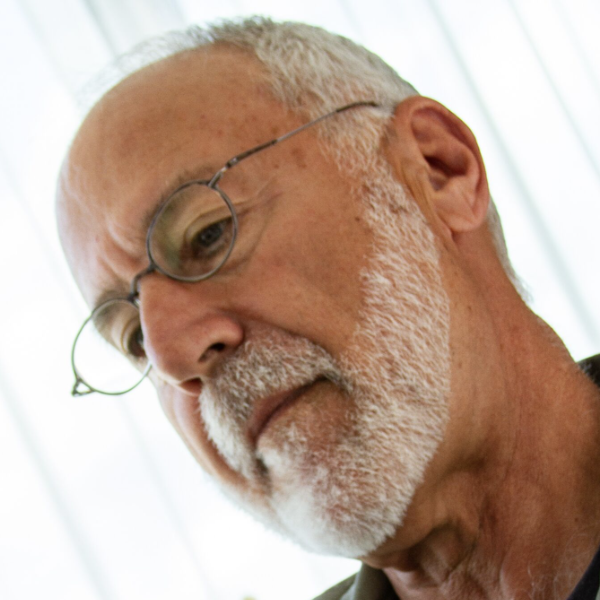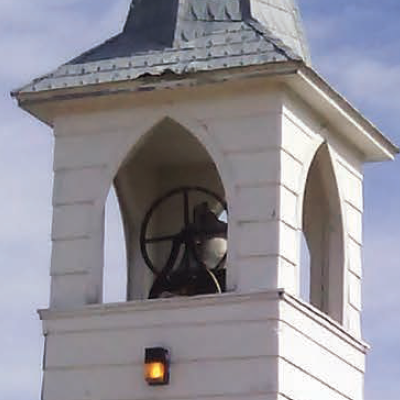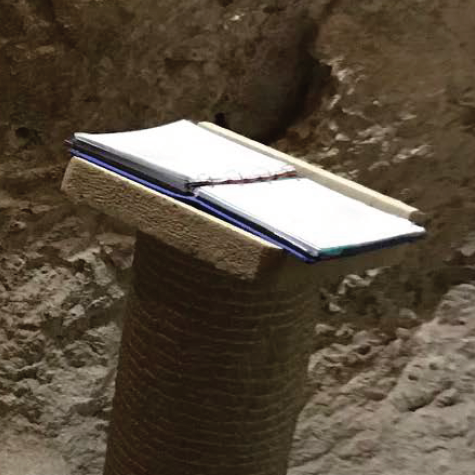By William Critchley-Menor, SJ
“It felt like a meeting for those in recovery,” one Jesuit scholastic remarked as he reflected on the most recent meeting of the Jesuit Anti-Racism Sodality (JARS). Over 70 Jesuits gathered this past June to discuss how the Society of Jesus continues to be influenced by racism and to pray for guidance to grapple with that reality.
JARS, which began as an initiative of Midwest Jesuits in formation, is now a group sponsored by the province and open to Jesuits at every stage of formation and beyond.
Three years ago, an annual gathering of men in formation focused on anti-racism. It included in-depth training on understanding systemic racism and applying that knowledge to analyze our own religious order.
One observation made was the imbalance in vocational recruitment efforts between our largely suburban, white-populated schools and those schools populated with a majority of students of color. While such imbalance was certainly not deliberate, many of us concluded that it reflected a subconscious thought process that thought of “Jesuits” as “white” and thus, for whatever reasons, recruitment efforts for men of color were not as crucial.
At that meeting, Jesuits of color shared some of their own experiences of racism within the Society.
Since that 2016 meeting, a group of roughly 30 Jesuits has met twice a year to bolster reflection on the effects of racism within the Jesuit order and to look for personal and systemic ways to interrupt it.
Father Pedro Arrupe, SJ, called for such activity in a 1967 letter to American Jesuits, “On the Interracial Apostolate,” in which he deemed Jesuit relations with African Americans a failure. Among the reasons he gave was “an unconscious conformity to the discriminatory thought and action patterns of the surrounding white community.”
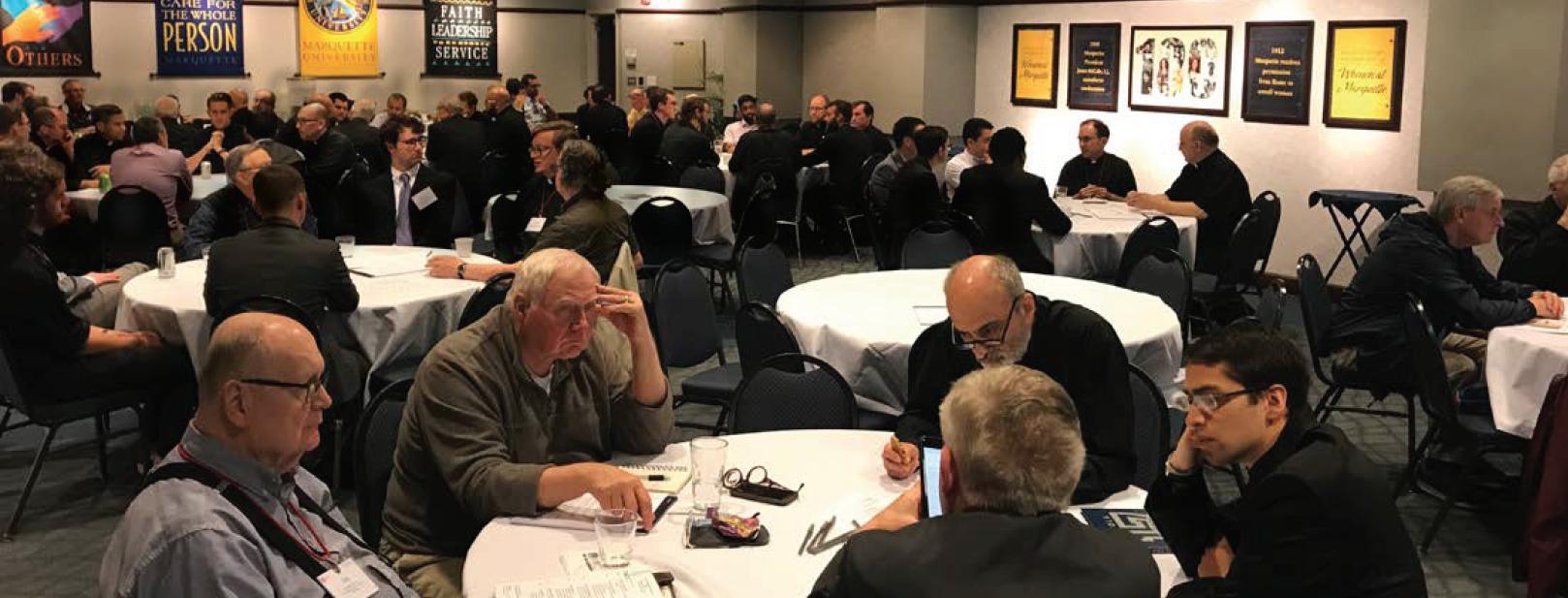 Over 70 Jesuits gathered this past June to discuss how the Society of Jesus continues to be influenced by racism and to pray for guidance to grapple with that reality.
Over 70 Jesuits gathered this past June to discuss how the Society of Jesus continues to be influenced by racism and to pray for guidance to grapple with that reality.
The June gathering included a time of silent prayer where we reflected on 1 John 1:5-10, “If we say, ‘We are without sin,’ we deceive ourselves, and the truth is not in us.”
In a discussion afterward, multiple white Jesuits talked about how easy self-deception can be for white people when it comes to racism and how vulnerable we are to unconsciously taking on racist attitudes that can impact institutional decisions.
“I don’t think anyone in this room would ask the question if they are a sinner, but we would ask, how am I a sinner?” one scholastic shared.
“The question isn’t if I’m racist, the question is how am I, or how are we, racist?”
While the reality that racism infects the Jesuits even today is quite serious and cause for contrition, the meeting was blessed with a sense of hope. Ignatian spirituality has taught us that keeping things hidden is a temptation of the evil spirit that constricts our freedom and hinders our ability to seek healing from God.
“I am hoping that [JARS]...will help our Jesuit brothers see that the truth really does set us free,” said Fr. Joseph Brown, SJ, “Racism entombs us all. Only by holding on to the truth of redemptive love can we bring ourselves out of the tomb that we human beings have constructed.”
“[The gathering] was a day of hope,” he concluded.
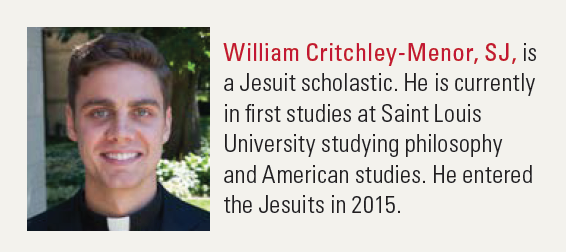
Even in confronting our sin and admitting our failures there is reason to hope, because “we have this treasure in jars of clay, to show that the surpassing power belongs to God and not to us.”

